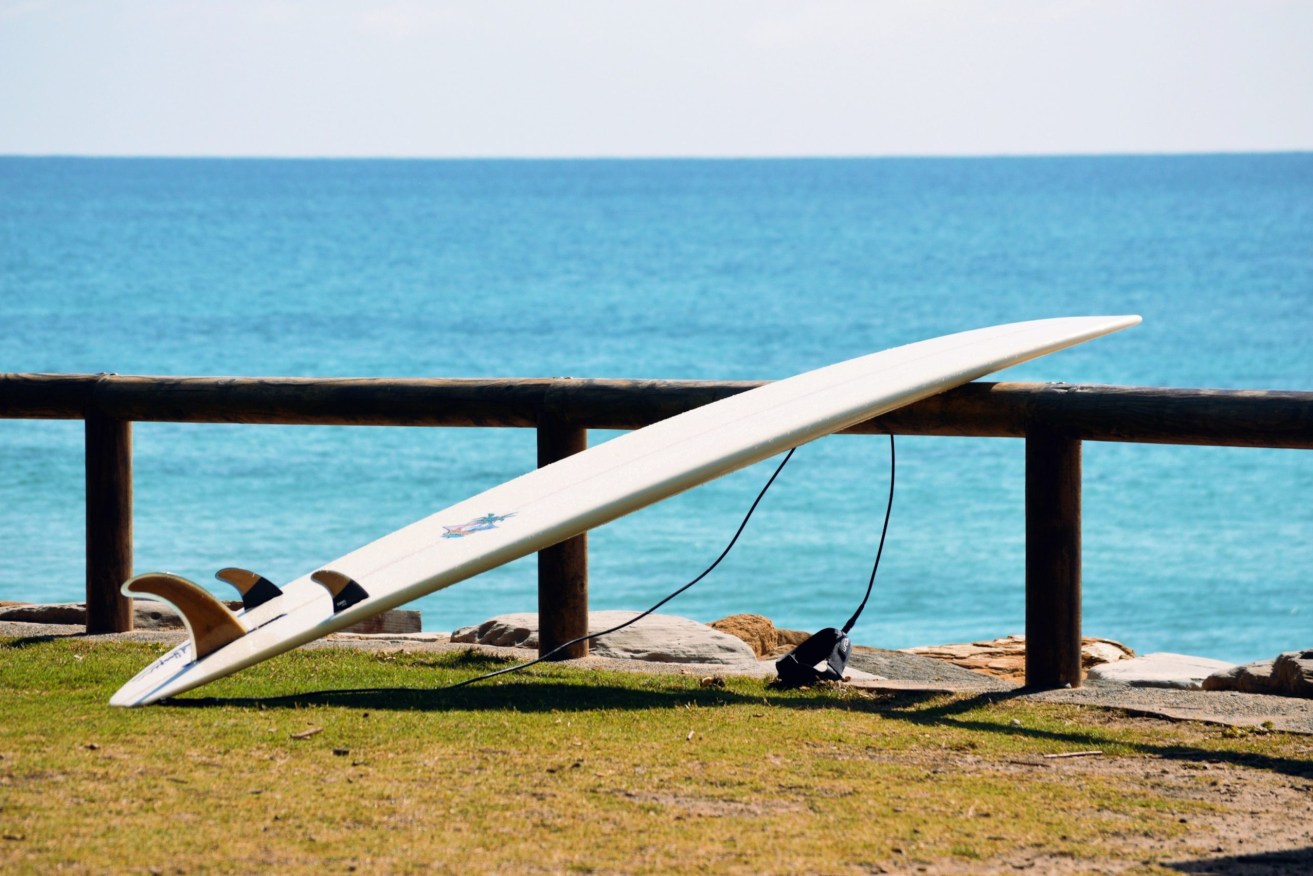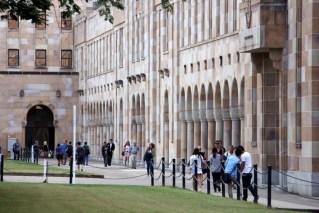‘Sugar hit’: Experts say lure of regions may not survive beyond pandemic
Jobs would determine whether the surge of Australians to regional areas remained a one-off sugar hit or a long-term trend, according to planning experts.


Image: Nick Sarvari/Unsplash
Property consultant Shane Geha claimed the lifestyle that people were seeking in moves to the “sea change” locations was not sufficient to be a permanent lure.
His comments follow a report from the Commonwealth Bank showing regional Queensland now attracted about 28 per cent of people moving house, up from its previous level of just 2 per cent.
The Gold and Sunshine coasts were the biggest magnets and home affordability was not the main reason.
Geha, head of EG Advisory, said 70 per cent of Australians lived in six cities or regions and there was a reason for that: they were great places to live and they provided jobs.
His warning was backed up by academic research suggesting that the beeline for regional Queensland that interstate residents had was rapidly approaching a tipping point where they need to offer more than a sun and sand lifestyle or risk losing the new arrivals back to their city offices.
Property and economics Professor Shaun Bond from the University of Queensland Business School said as virus outbreaks continued driving migration to Queensland and city offices remained deserted in favour of flexible work-from-home arrangements, the Gold Coast and Sunshine coasts needed to capitalise on a “once in a generation opportunity.”
“Because they don’t have to be in the office, they don’t have to be in Melbourne or Sydney, people have often flocked to the very desirable locations of the Gold Coast and Sunshine Coast,” Bond said.
“This could be a once in a generation opportunity for these locations to really completely shift the make-up of their economies because we might see these people who don’t want to go back to Sydney or Melbourne say I’m going to start a business I’m going to become an entrepreneur because I want to stay in this area.
“But I think the challenge for a lot of policy makers now is how do we keep those people here when there is going to be pressure in the future to return to the office.
“Now is the time to be saying what can we do to support the growth of the economies in these regions. What do we need to offer to keep these people here?”
Latest Australian Bureau of Statistics figures show Queensland’s population grew by 43,900 in the year to the end of March. It means more than 105,000 people have moved to Queensland from other states while 75,000 have left during this time.
Bond said the coastal centres were at the point of having to do more to capitalise on the influx.
“These are people who are overwhelmingly in professional occupations, they’re going to be thinking about issues such as schools, transportation, availability of housing. So, these things are going to be critical in terms of creating an environment where those people will want to stay and start new businesses,” he said.
“This may be the ideal outcome for the coastal areas as we see entrepreneurs come in and instead of going back to Sydney or Melbourne when the pressure arises, they start new businesses, and they grow those businesses there to broaden the economic base.”
Born and raised in Rockhampton, Geha said a lot of those people who had made the move during the pandemic would settle down and stay because they were probably at a stage in life where working in an office was not necessary.
But if councils wanted a second or third wave of internal migrants they had to start planning for ways to keep the 18 to 60 year olds and that meant jobs and institutions like universities.
Other planning experts have suggested that the internet had allowed people to move and keep their job, but Geha thinks the work-from-home trend is short lived, especially for knowledge workers.
“Working from home is short-lived joy. Having the whole family together with your work, study and schooling is unsustainable,’’ he said.
“There will be a flood back to the office. People will want to go back for the think tank effect.
“If you’re a smart person you want to be surrounded by other smart people.’’
He said many regional towns lack the jobs to keep working age people.
“Employment will drive settlement patterns, not lifestyle,’’ he said.
Geha said councils had to decide what they wanted to be: a place where people visited once a year or a sustainable and growing centre.
“There’s a reluctance in a lot of small towns to do that.
“If you want to grow then you should look at incentives for the 18 to 60 year olds to stay.’’












